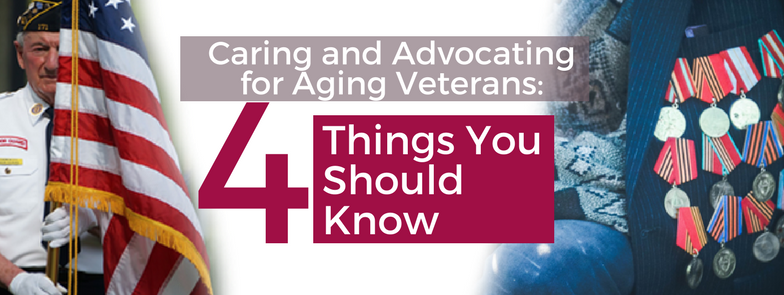
By Veteran Law Expert Anthony Marsh II, Attorney at Law on behalf of Caring Transitions®If you or a veteran you care for has suffered from an illness or injury that you believe is related to their service in the military, you should consider filing a claim for disability compensation. VA disability compensation provides monthly benefits to veterans in recognition of the effects of disabilities, diseases, or injuries incurred or aggravated during active military service. Navigating the VA system on behalf of a veteran can be a daunting and time-consuming task. Below you will find a few tips that may make the process a bit more manageable.
Consider the help of a professional.If you or your loved one needs to make a claim for compensation, consider using a veteran’s service organization (VSO) to assist you in validating the claim. While the application process may seem straightforward at first glance, there are many federal laws and regulations that govern the granting of compensation. Your local VSO representative has likely handled dozens of claims for compensation, if not more. For this reason, they are better equipped than the average person to move a claim along quickly and efficiently.
Additionally, in the event that the veteran may need to appear at a hearing in connection with the claim, the representative can accompany the veteran and advocate on their behalf. A representative from your VSO will know exactly what it takes to validate a claim, the information a Veterans Law Judge may be looking for at a hearing, as well as what paperwork should be filed and when. While you may be able to figure out how to handle the claim on behalf of a veteran, you are much better served by allowing the professionals at a VSO to do what they’re highly qualified to do. Many veterans belong to a VSO and actively employ the services they offer. For veterans who may not, a list of VSO’s can be found
here.
Keep your records. Part of filing a claim for compensation will include VA obtaining your medical records related to the illness or injury you’re claiming. By law, VA has a duty to assist veterans in obtaining their medical records. This duty to assist includes obtaining both military treatment records, as well as medical records from private providers. While medical records from your time in service or from a VA treatment center may be easily obtained, this may not be the case concerning treatment you’ve received from a private provider. VA will make two written attempts to obtain private treatment records on a veteran’s behalf. A private provider may not respond to these attempts and send the records, and neither are they required to by law. For this reason, one simple thing you can do to assist your loved one is to save any medical records, especially from private providers. Once you’ve filed a claim for compensation, you or the veteran’s representative can mail in the records or upload them online. This can cut down on the wait time for the claim to be handled, and eliminate the possibility of VA never receiving important treatment records that may be the difference between a claim that is granted, rather than denied.
Your claim may not be as difficult as you think. One of the biggest parts of validating a claim for injury or illness is proving that your condition is actually related to your time in the service. Fortunately, for many veterans, the law provides for certain situations where the in-service conditions were so hazardous, that there is a presumption that there is a connection between your service and the injury or illness you’re claiming. In other words, VA realizes that by the nature of your service, you may suffer from a number of conditions. If this is the case, VA is prepared to compensate you if warranted. For example, if you served in the Republic of Vietnam for any period, no matter how brief, you’re likely eligible for benefits if you suffer from certain conditions. This also goes for veterans who served during certain years at Camp Lejeune in North Carolina, and many Persian Gulf veterans (1990-current). These are only a few examples of veterans who may benefit from a presumed connection between their illness/injury and their time in the service. For this reason, if you know a veteran who is suffering from any illness or disease, you should encourage them to look into filing an application for compensation. Our laws recognize that our veterans have bravely subjected themselves to less than desirable conditions, and has made provisions to compensate them accordingly. A representative from your local VSO can inform you if your time in the military falls into one these categories.
Be patient.
Once you file a claim, if you’re lucky, it’ll be granted within a matter of months, and you’ll start collecting the compensation you deserve. In the event that your claim is denied initially, you’ll have to go through the appeals process. While there is still a good chance your claim will eventually be granted, the wait time will not be short. You’re likely looking at years before the Board of Veterans’ Appeals handles your claim. With the number of aging veterans from various wars, the simple truth is that the number of veterans who deserve compensation, far outweigh the resources that VA has available to handle the claims in an expeditious manner.
Simple things you can do to move a claim along are the tips that are outlined above. In addition, be aware, if the veteran you are assisting would be better served by you or another family member/friend monitoring their mail or accepting phone calls on their behalf. Many claims are drastically slowed down because veterans miss examinations, appointments, or correspondences through mail due to issues such as memory and hearing loss.
If you believe a veteran you care for should file a claim for disability compensation, you can learn more by clicking here.